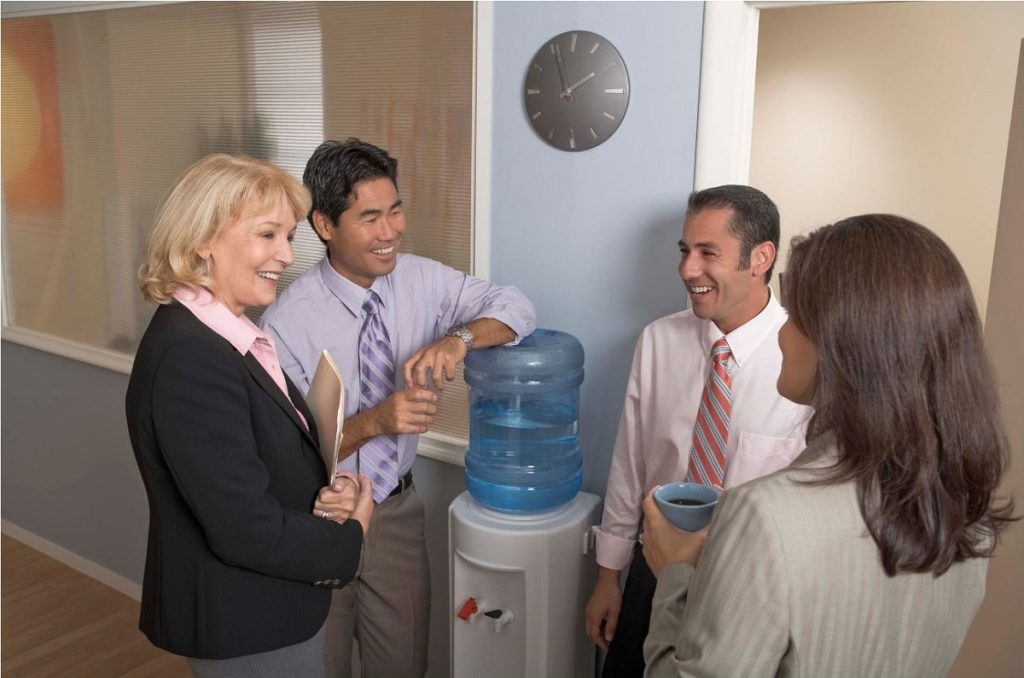As the fourth quarter of 2023 is now in full bloom, leaves are falling, and more people are now commuting to work compared to a year ago. Many companies have issued return-to-office mandates, although hybrid work is becoming the new normal for many businesses.
How do workers feel about being back in the office? The short answer is that some like it, while many resent it deeply. Those who don’t like it are showing their disapproval in interesting ways as workers respond to RTO mandates.
Where Companies Stand And Return To Work
As of September 2023, 47.3% of employees were back in the office, compared to 44% in September 2022. There has been little change in occupancy rates.
Corporations are serious about people returning to work. Even those companies that have agreed to some hybrid days insist that employees toe the line and show up. By the end of 2024, 90% of companies surveyed by Resume Builder will have RTO policies in place, while 30% say they will fire those who don’t report as required.
Corporate executives insist that collaboration, productivity, and employee engagement require presence in the office to reach desired levels. They believe their corporate culture is threatened when people are not on site for at least part of the week.
“It’s easier for executives to hold on to the old notion that people are really working if they can see them down the hall,” says Dan Kaplan, a senior client partner at Korn Ferry, quoted in CNBC.com’s Make It. “It’s almost too hard for some leaders to comprehend a world where that option doesn’t exist or to consider a radical new approach.”

Current Worker Preferences For Work Location
Most of the current workforce prefers to work out of the office for at least part of the week. There is a difference in generations so far as location is concerned.
A recent study by Owl Labs confirms a discrepancy regarding where employers want their staff to work and where employees want to do the job.
| . | Where Employer Wants | Where Employee Wants |
| In-office | 66% | 22% |
| Hybrid | 26% | 37% |
| Remote | 7% | 41% |
| Want In-Person | Want remote | Want hybrid | |
| All | 44% | 36% | 19% |
| Gen Z | 57% | 27% | 16% |
| Millennial | 34% | 49% | 17% |
| Gen X | 34% | 40% | 26% |
| Boomer | 37% | 40% | 23% |
How Do Workers Respond To RTO Mandates?
As many employers issue return-to-office mandates, employees are either returning (happily or begrudgingly) or choosing to leave their jobs.
Part of the reason for worker protest is that they see companies’ RTO mandates as layoffs in disguise. Those who can’t easily come back to the office (or don’t want to) end up quitting rather than being fired, which saves the company unemployment costs.
Coffee Badging
One of the newest trends is coffee badging.
Some employees prefer remote work because their commute is long and costly. For those companies that require employees to come into the office periodically, a growing number are checking in, having coffee, catching up with their coworkers, and leaving. This phenomenon, known as coffee badging, is catching on. A 2000-person survey by Owl Labs in June 2023 shows that 57% of hybrid employees had done this. Another 8% are thinking of doing it.
For companies that require employees to show their badge upon entry but leave at will, this technique gets them counted as fulfilling their requirement to be in the office.

Anger Over Surveillance
Today, many firms rely on bossware to monitor attendance and productivity. The surveillance can be in the form of keyword trackers, other software monitors, or even sensors that monitor where employees are in the building. Employers try to play this off as determining how to allocate space based on usage, but workers see this as Big Brother tracking their every move. Even watercoolers are programmed to tell employers when employees are onsite.

Filing Lawsuits
Some employees are taking legal action to show their disapproval or disappointment at company policies toward remote or hybrid work. Here are some examples:
A former senior director at AstraZeneca sued for breach of contract over a performance bonus and stock options, claiming that the company changed the bonus structure to require RTO. She has worked from home since she was hired in 2016 and has always met company bonus criteria.
Disabled workers sued X, formerly Twitter, for violating the Americans with Disability Act provisions when they were required to resign for not being able to comply with Elon Musk’s requirement that all employees work from Twitter offices.
Amazon employees attempted to file a class action suit claiming that the company did not reimburse employees adequately for expenses they incurred while working at home. Many other companies were hit with similar lawsuits. Amazon employees also signed petitions protesting RTO orders.
Leaving The Job
Attrition is a growing problem for some companies, although as some economists predict the economy is heading toward a recession, the likelihood of quitting is reduced.


Quelling Worker Dissent
Strong reactions from those who want to work remotely will not necessarily change the minds of employers who are adamant that workers be outside. Companies who strive to respect employee needs and preferences tend to get cooperation without either passive-aggressive or outright aggressive responses.
The ideal is “flexibility with intentionality,” as noted in our previous article 5 Steps To Setting Up Productive Remote Work Policies. When management and employees cooperate and work as a team, the manager states the company’s needs, and the employees put in the required time with regard to their own schedules.
Companies such as Smucker’s define core weeks when employees must be on site and even reimburse workers to come to the office, even if they live far away. Smokers office workers live and work where we want you most of the time and happily come in during the core week. Mutual respect makes the arrangement work for everyone.

Not every company has the same needs, but those who show respect to workers are likely to get cooperation in return.


